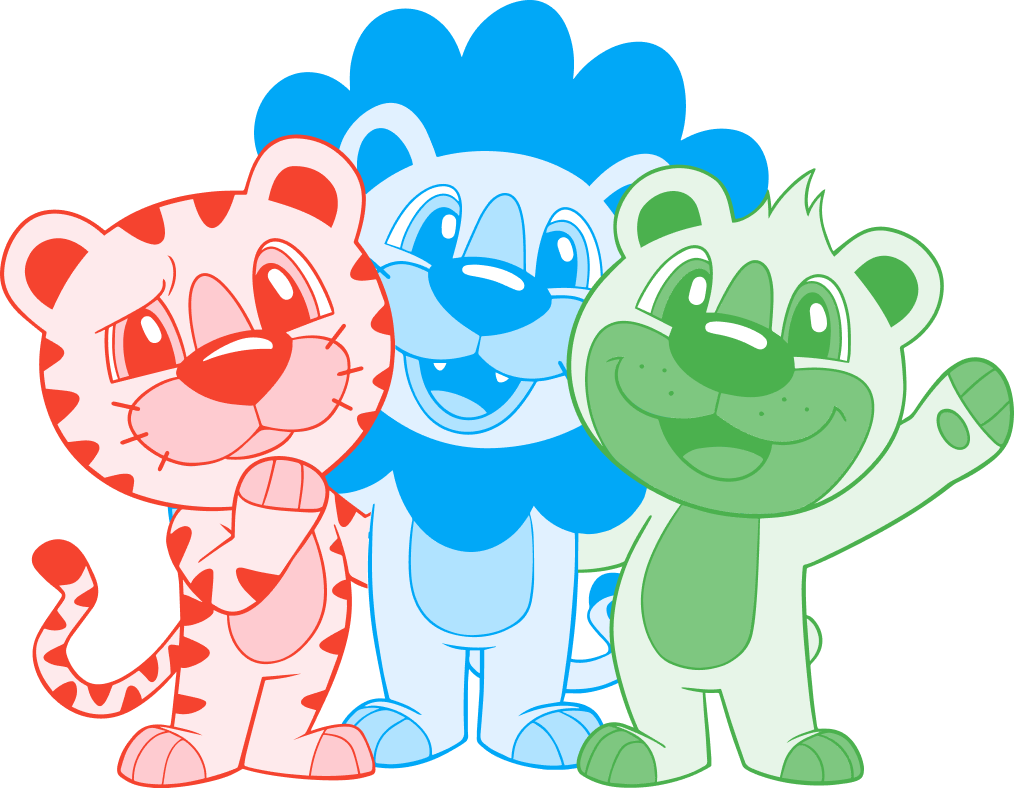The world of ABDL (Adult Baby/Diaper Lover) and infantilism can be complex and deeply personal, often misunderstood by those who have not experienced it themselves. For many, these identities are a source of comfort, safety, and joy—a way to embrace a part of themselves that might have been hidden or neglected. While everyone’s journey into ABDL or infantilism is unique, there is sometimes a link between early childhood experiences and the formation of these identities. Today, we're taking a compassionate look at how early trauma or neglect might influence ABDL or infantilism and why understanding this without judgment is so crucial.
Childhood Trauma and Coping Mechanisms
Trauma in childhood can leave deep imprints that continue to shape a person's emotions and behaviors well into adulthood. Experiences of neglect, instability, or a lack of emotional support can create feelings of vulnerability and insecurity. For some individuals, embracing the ABDL or infantilism lifestyle is a way to address these feelings—a means of revisiting and healing the unmet needs of their childhood.
ABDL and infantilism provide a way to return to a time when life felt simpler, or even to create the sense of safety that might have been missing. The comfort of wearing diapers or roleplaying as a caregiver or baby can become an emotional balm, providing a sense of care, love, and attention that might not have been available during formative years. It's not necessarily about trying to relive childhood but more about creating a space where those feelings of safety and acceptance can be felt and, in many cases, reimagined.
The Need for Compassionate Understanding
It's important to recognize that ABDL and infantilism are not "one-size-fits-all" experiences, and for many people, they have nothing to do with trauma. However, for those whose identities are influenced by childhood experiences, these lifestyles can be forms of self-soothing—ways of gaining control over memories that once made them feel powerless. This is why compassion is key when exploring the link between ABDL, infantilism, and trauma. We need to approach this topic without the judgment that often surrounds it, as stigma only deepens the isolation and misunderstanding many ABDL and infantilism individuals feel.
Imagine carrying around emotions that feel too big to express—fear, anxiety, loneliness—and then discovering a way to feel held, to feel seen. For many in these communities, embracing this identity is not only about diapers or regression; it’s about crafting a space where they feel safe and understood. It’s about reclaiming joy, something everyone deserves.
Healing Through Acceptance
Acknowledging that ABDL or infantilism may be connected to early life experiences can help us understand them not as something "wrong" but as ways of healing, growing, and finding balance. The pursuit of comfort and the desire to care for oneself are deeply human needs. For some, these needs are expressed through these unique identities, and there's immense value in accepting that without casting judgment.
If you are someone who identifies with ABDL or infantilism and have experienced trauma, remember that your way of coping is valid. Healing isn’t linear, and how you choose to find comfort and joy is yours alone. Reaching out to a supportive community—whether that’s within the ABDL or infantilism space or through therapy—can be immensely helpful. For those outside of these experiences, offering empathy and an open heart goes a long way in creating a more accepting world.
Moving Forward
Our childhoods shape us in ways we may not fully understand until much later. Whether ABDL or infantilism is a means of processing trauma, finding joy, or simply feeling comforted, these paths deserve empathy, not stigma. By approaching this topic with compassion, we help foster an environment where individuals feel safe to explore and embrace who they are—free from fear of judgment.
Let's create a dialogue around ABDL and infantilism that focuses on understanding and respect. After all, everyone deserves to feel seen, heard, and accepted, no matter how they choose to express themselves.
